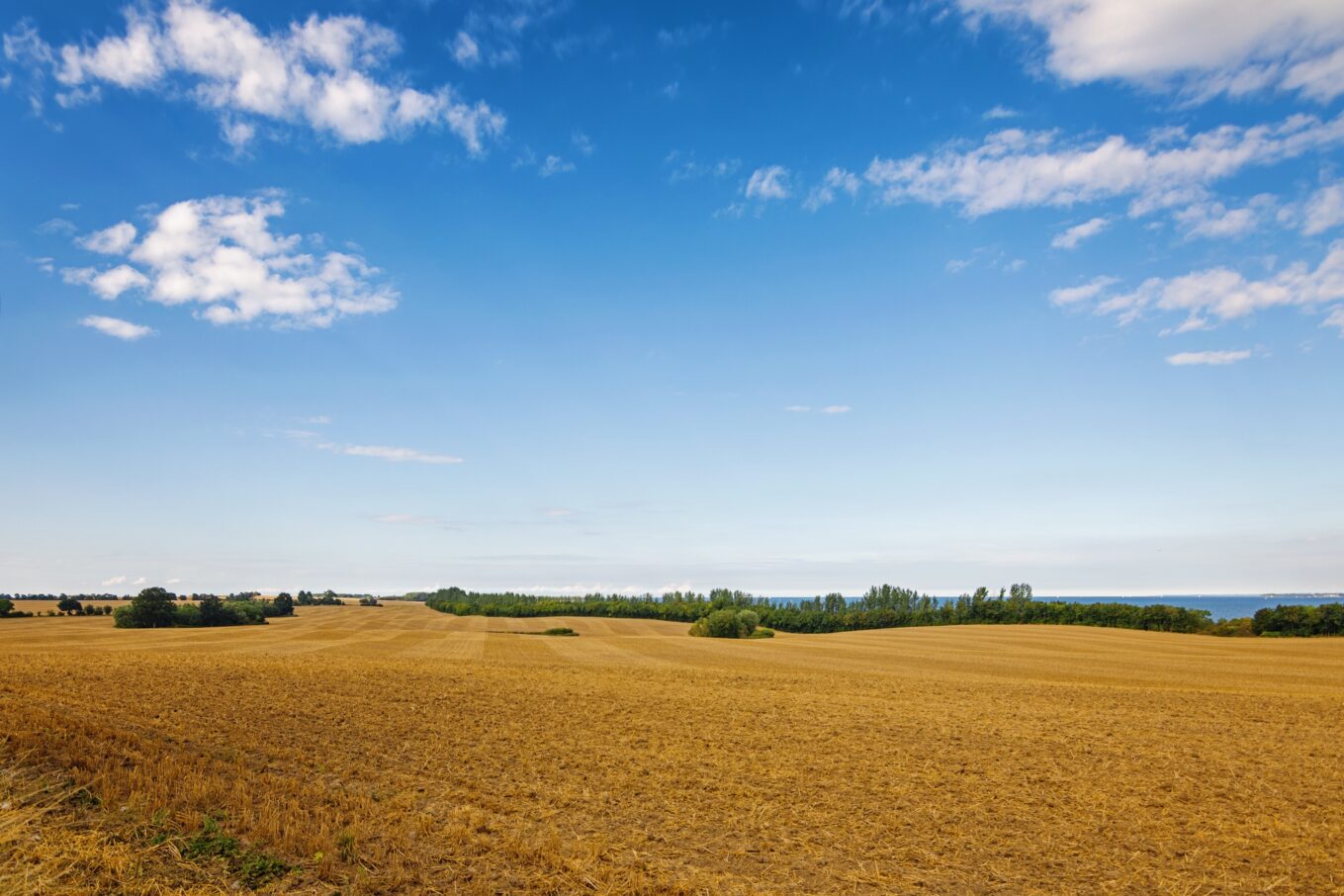
‘Agricultural land’ is any land which is exclusively used for cultivation and farming purposes. This can be pastureland, which is suitable for grazing livestock, and arable land, which is best for growing crops. As of June 2022, about 8.9 million hectares of land are used for agricultural purposes in the UK, which is 69% of the land.
This article will lay out everything you ought to know about building on agricultural land, including:
Agricultural land is protected to an extent, as it plays a crucial factor in our food production. Still, there are many reasons why landowners may want to develop and build upon their land. If you’re hoping to build on agricultural land, it is very important to be informed first of whether your project is possible. |
It is not always necessary to apply for planning permission to make certain changes to your agricultural land. Farms are included in the same planning regulations as other property types, although there are some special conditions for agricultural buildings and land.
You only need to apply for agricultural land planning permission if:
There are some exceptions to requiring planning permission, such as:
If you have permitted development rights, then there is no good to apply for planning permission when building on agricultural land.
Permitted development rights are part of the General Permitted Development Order 2015 (GPDO). They allow specific building works and developments to be completed without having to apply for full planning permission.
There are different types of permitted development rights, some of the key ones being Class A, Class B and Class Q.
Class A permitted development rights are only applicable for agricultural land of five hectares or more. These rights are granted for excavation or engineering projects, as well as for works that will erect, extend or alter a building.
Class B permitted development rights are for agricultural land of 0.4-5 hectares in area, and they are granted for:
Lastly, Class Q permitted development rights are applicable if you plan on changing your agricultural building to a house, meaning it would no longer have any agricultural purpose. It allows for up to five dwellings and for 865 square meters of floor space to be converted. Under Class Q, you must have been using the building for agriculture on 20th March 2013 and you cannot develop it beyond the existing dimensions externally.
Class Q is not applicable if your building is:
You can learn more about agricultural permitted development rights on the Government website.
Understanding and applying for planning permission on agricultural land can be a complicated, drawn-out process. It is crucial to undertake a lot of research before you start your process to heighten the chances of your plans being approved.
Before you apply for planning permission, you must:
If you are unsure of whether or not you need planning permission to build on your land, or you want to ensure you’ve thoroughly addressed every aspect of the project in your application, we at Whitehead Monckton have the expertise to bring your agricultural building plan to fruition. Our Rural Business services can assist with everything from buying and selling rural land and farm tenancies to the use of land. Please contact us if you have any questions or concerns.